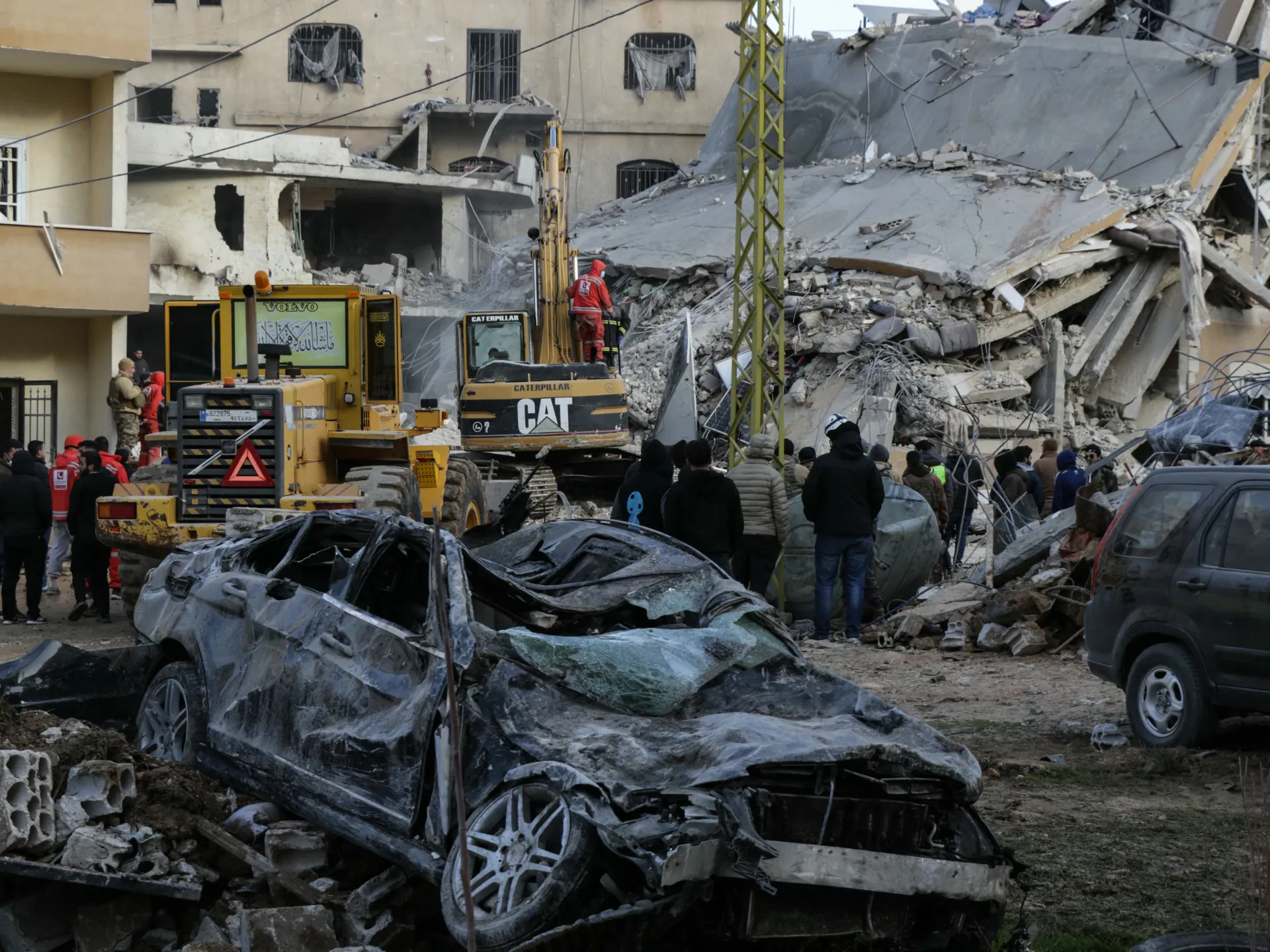Israel kills more than 100 Lebanese as it commands Beirut residents to flee | Israel attacks Lebanon News
Published On 5 Mar 2026
Israeli strikes have killed more than 100 people in Lebanon as Israel issued more leave-or-die threats to the suburbs of Beirut, and across vast areas of the country’s south.
Lebanon’s Ministry of Public Health reported on Thursday that the death toll from the Israel-Hezbollah conflict has reached 102, with 638 wounded since Monday.
New strikes hit Hezbollah’s stronghold in Beirut’s southern suburbs early Thursday, with AFPTV footage showing smoke rising from the area.
Lebanon’s National News Agency (NNA) reported that an Israeli drone strike on an apartment in the Beddawi Palestinian refugee camp near Tripoli killed senior Hamas official Wassim Atallah al-Ali and his wife.
On Thursday, Israel expanded its forced evacuation threats to residents across hundreds of square kilometres of southern Lebanon, citing imminent military action.
The escalating conflict has triggered a humanitarian crisis, displacing more than 83,000 people within Lebanon. According to Syrian authorities and the UN refugee agency, at least 38,000 people, primarily Syrians, have fled Lebanon for Syria.
Israeli military spokesperson Avichay Adraee posted on X: “Urgent warning to residents of southern Lebanon: you must immediately continue evacuating to the north of the Litani river.” The warning specifically mentioned the cities of Tyre and Bint Jbeil.
Israel’s military announced on Tuesday it was establishing a buffer zone inside Lebanon to protect Israeli citizens. By Wednesday, it confirmed that three divisions comprising infantry, armoured and engineering units were operating inside Lebanese territory.
“Across the Middle East and beyond, a troubling displacement picture is emerging in the aftermath of the ongoing conflicts in the region,” UNHCR spokesperson Babar Baloch said Thursday.
On Thursday, the Israeli military extended forced evacuation orders to Beirut’s southern suburbs, instructing residents to “save your lives and evacuate your homes immediately,” indicating potential intensified bombardment amid the widening of the Iranian conflict.
While previous forced evacuation threats focused on southern Lebanon below the Litani River, this marks the first comprehensive evacuation threat for areas near the capital since hostilities resumed.
